
Nexture: New Holding Company Leading CSM Ingredients Group and Italcanditi Group, Debut Marked by €425 Million Bond …
Today marks the official debut of Nexture, the holding company representing the next stage in the …

Today marks the official debut of Nexture, the holding company representing the next stage in the …
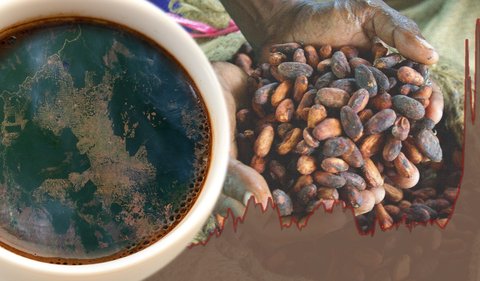
For the first time, agricultural innovation may align with both the economics of venture capital and …
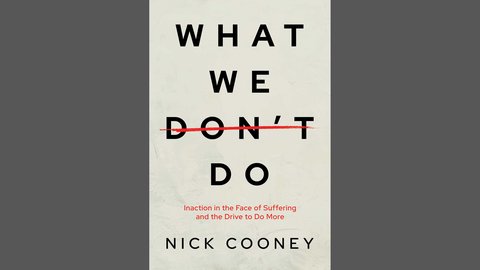
Exiting a company is a milestone—but for mission-driven founders, it’s also a chance to rethink how …
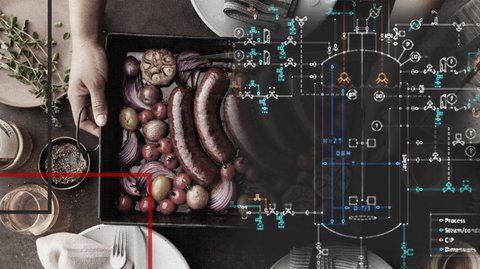
In just four years, leading companies in the cultured meat sector have driven core production costs …
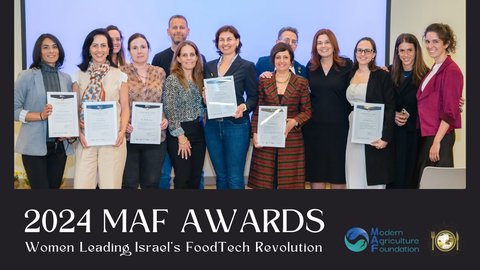
The Modern Agriculture Foundation (MAF) proudly launches the third annual "Leading Women in Foodtech …

CSM Ingredients group proudly launches Egg ‘n Easy Plus, an advanced egg reduction solution designed …

The Food and Agriculture Organization of the United Nations (FAO) has assumed joint custodianship …
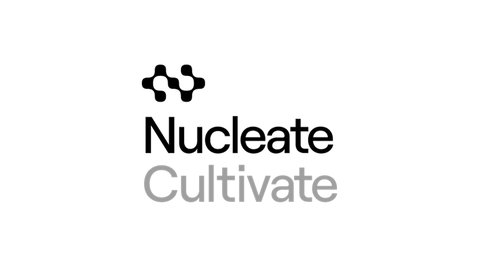
Following the success of three previous editions, the Cultivate Tomorrow Hackathon invites …
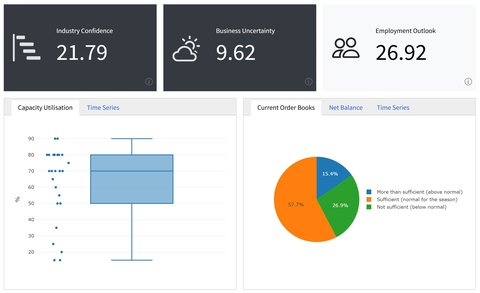
The global plant protein sector experienced increased production activity in Q3, accompanied by …

Most consumers believe that food and beverage manufacturers should declare if a product has been …
No spam. Unsubscribe anytime.